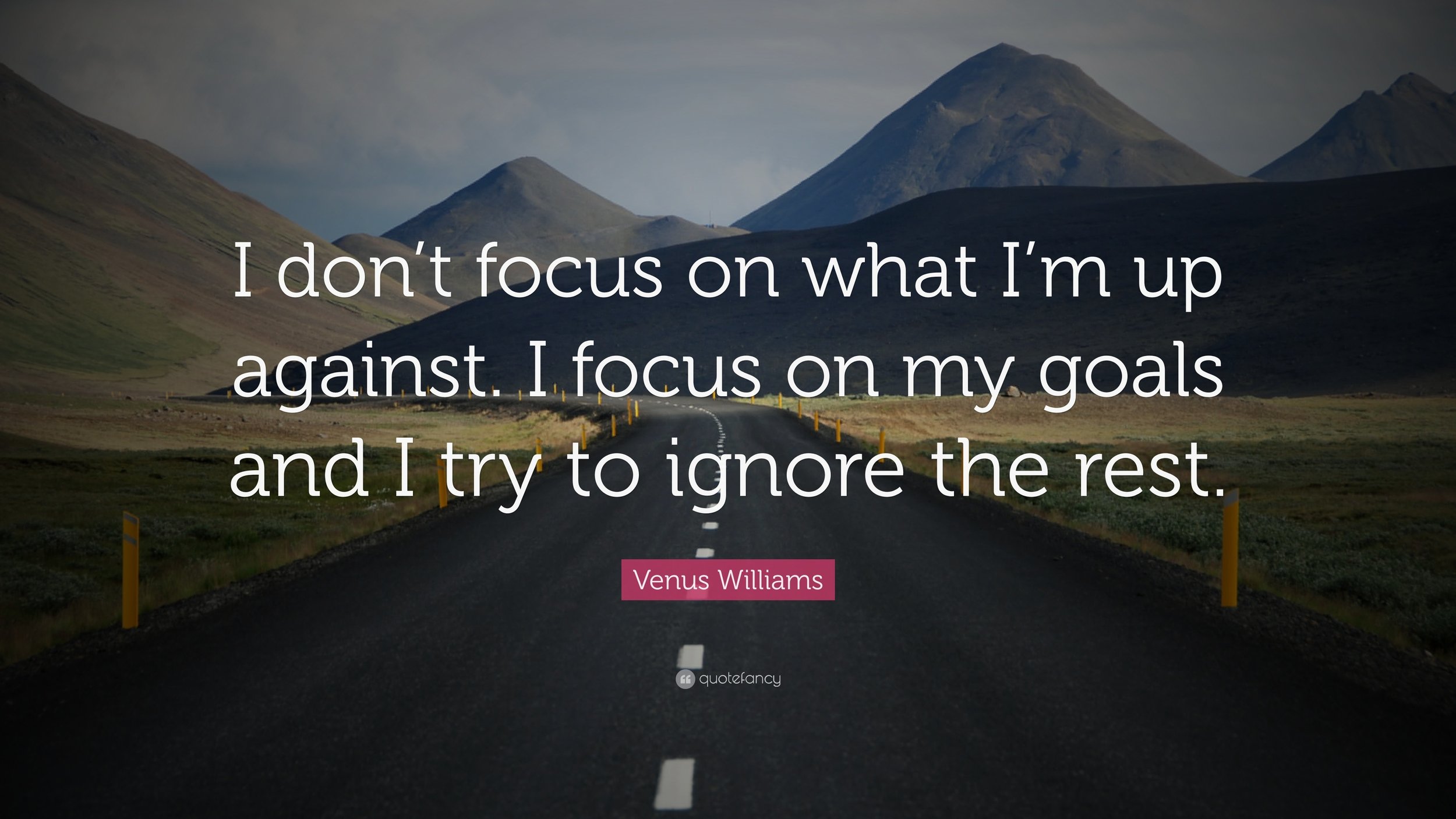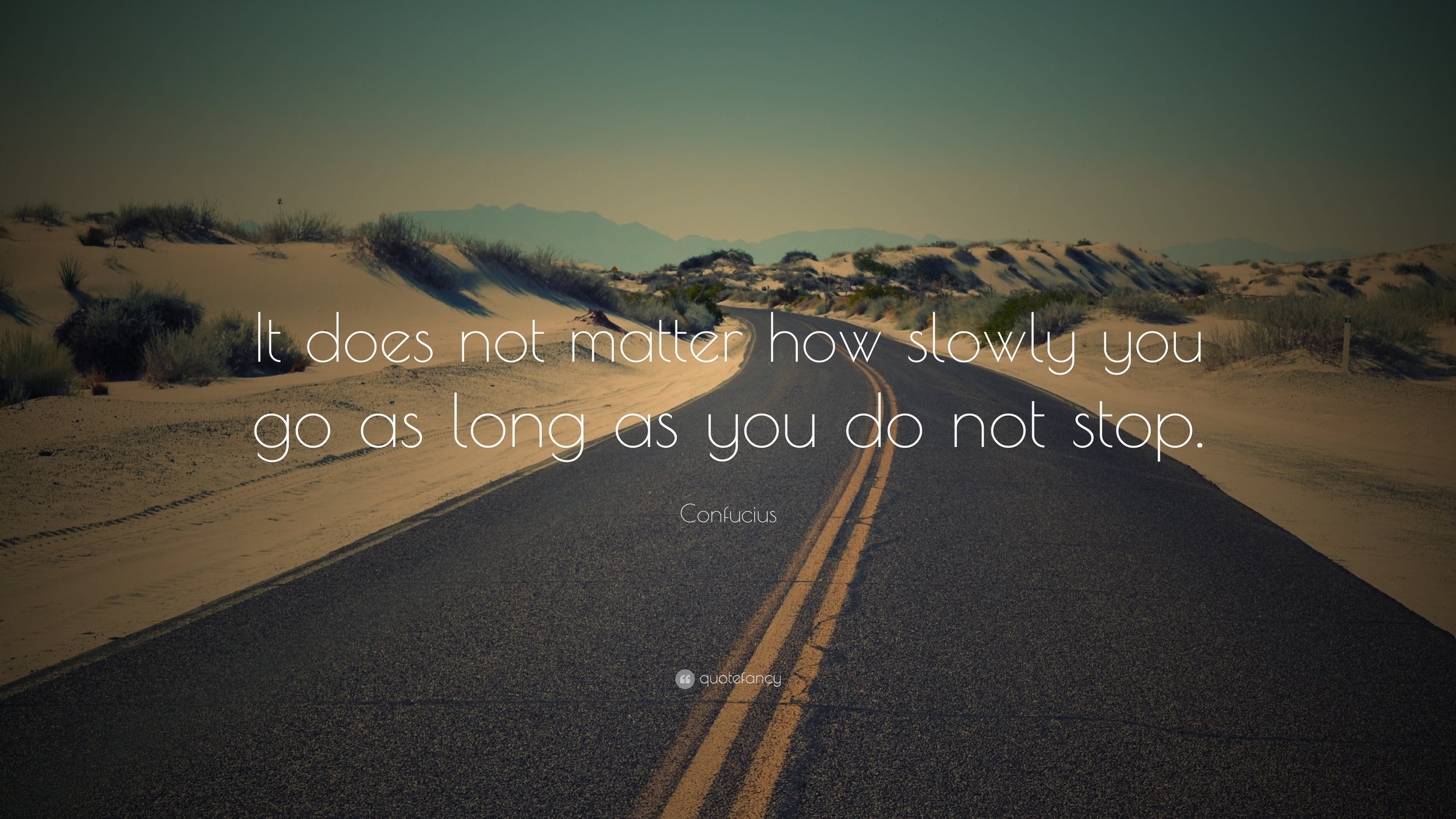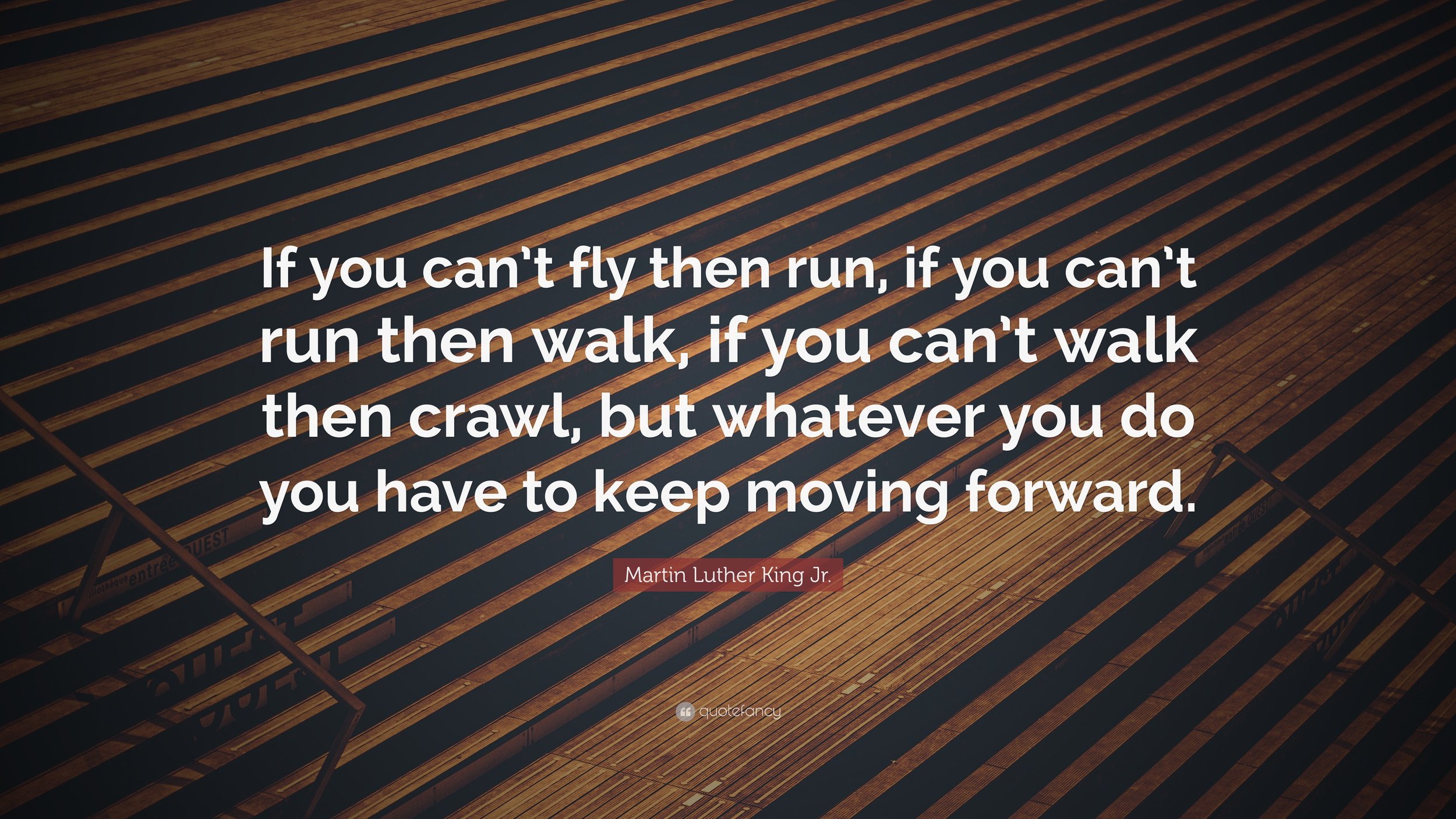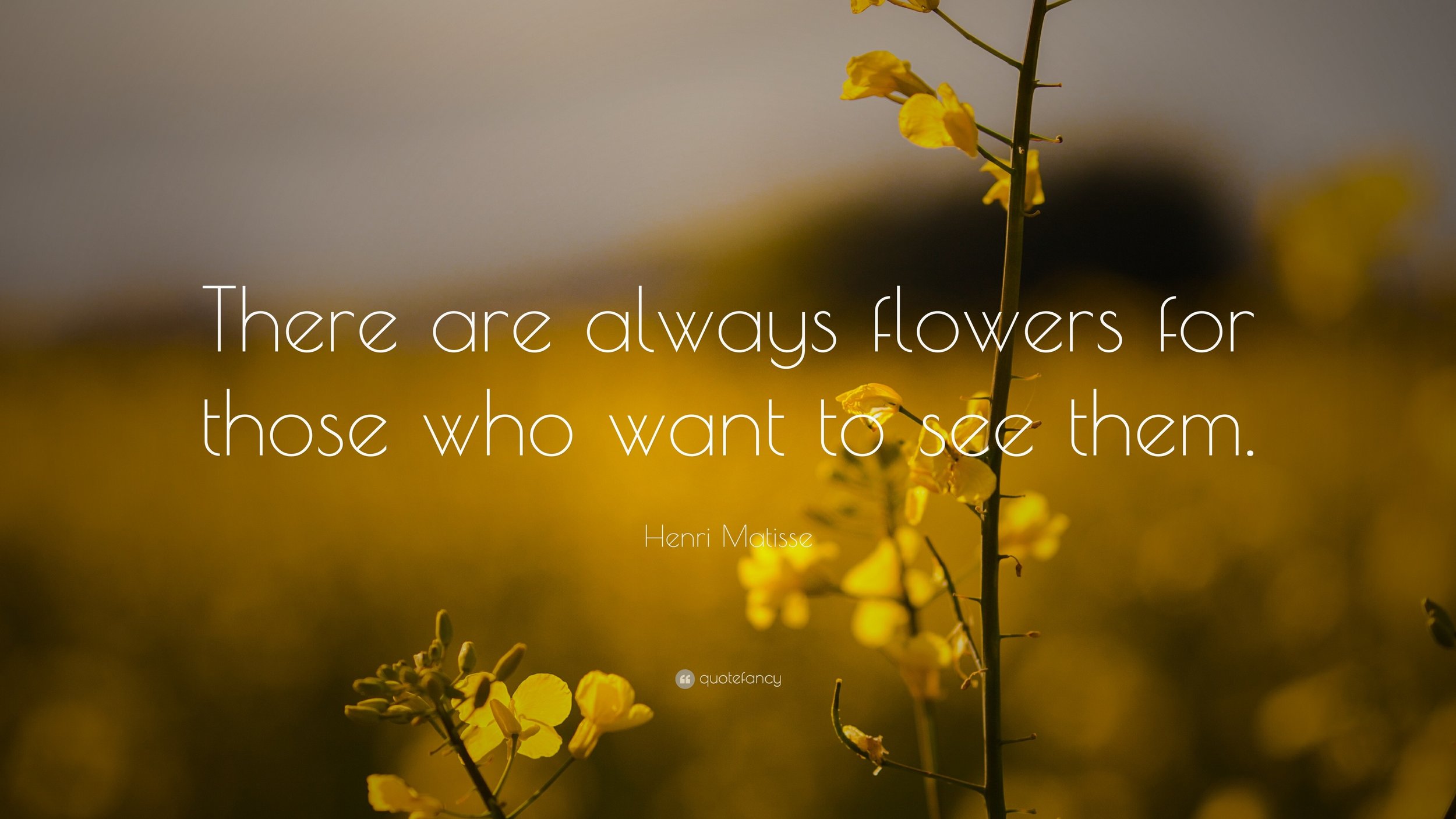
Adults, Social Media, and Mental Health
While social media is not all good or all bad, fostering genuine connection and knowing the potentially adverse effects of using it can help to limit the damage that it can do.

This is Your Brain (Walking) on Sunlight
To benefit from sunlight, the World Health Organization recommends getting brief, direct sun exposure for 5-15 minutes a couple times per week. This will help you receive a vitamin D boost and regulate serotonin levels.

Misophonia: When Sounds Are Too Much
Chances are, a lot of people that you know are struggling with Misophonia. Once you start talking about it, you may notice more people coming forward to say they struggle with it as well. While asking someone to tolerate a minor annoyance is reasonable, this is more than that. Have patience with yourself, and talk about it!

The Power of Grit
Grit is your stick-to-itness. It is your ability to persist when things get tough because that thing matters to you. It’s about finding something you are passionate about and staying with it no matter what.

Food and Mood: The Connection Between Your Diet and Emotional Well-being
The link between food and mood is closely related. One way in which food influences your mood is through its impact on neurotransmitters in the brain. Neurotransmitters are chemicals responsible for regulating mood, sleep, and various essential bodily functions. Imbalances in neurotransmitter levels can result in a spectrum of mental health conditions, including depression and anxiety.

Is Therapy Right For You?
Anyone can benefit from therapy if they want to work on themselves. Therapy allows for a safe space to talk about feelings and experiences, and learn new ways to cope with stressful things in life. Recently, going to therapy seems to be something everyone is doing. In spite of this, there is still a stigma associated with getting any kind of treatment for mental health. So how do you know if therapy is the right move for you?

Embrace the Healing Power of Laughter
Laughter is not only a pleasant experience; it is also a good way to improve your emotional well-being. Let’s start your journey to discover how laughter can be a new way for you to improve your mental health and identify easy ways to incorporate more laughter into your life.

School Refusal
School refusal is different from truancy. Children who are truant refuse to go to school because they want to do something else. They will often concoct elaborate schemes to avoid going to school. However, school refusal is related to anxiety about situations or expectations at school.

The Impact of Childhood Trauma on Adulthood
Trauma is an emotional reaction to a significant event that can happen once with intensity, a series of significant events that may have varied intensity and be ongoing, or a combination of both. Trauma affects our interconnected systems physically, emotionally, socially, and intellectually.

First Responders Need Support, Too
We often look at physical health and mental health as different, but they are not. If you break your arm, you go to the doctor and eventually heal. If you suffer from PTSD, depression, anxiety, or any other mental health issue, you may suffer in silence, have feelings of shame or guilt, and not seek help due to fear and/or the stigma.

Laziness is a MYTH
For the most part, saying someone is being “lazy” is assigning a character judgment to them. This person has two options: either they continue saying that they’re just “lazy” because that has been determined as a part of who they are as a person, or they continue being labeled as “lazy” but they feel bad about it. This is a difficult pattern to break. By calling ourselves “lazy,” we are assigning the appropriate punishment for this terrible characteristic. By calling others “lazy,” we get the satisfaction of placing blame on them.

Where Did You Get That Idea?
We often repeat those phrases so frequently that we forget where we first heard them, but we probably have examples of situations in our lives that “prove” the idea. These phrases are often harmless and the reason they are well-known is probably because they do hold true in many cases. The problem is that when we have held onto an idea like these for so long, we sometimes forget to question whether or not it remains true for us any longer or whether or not it applies to our current situation.

Tips to Manage a Mental Health Crisis
If you are feeling as though you are in crisis, either you are concerned that you are having thoughts of harming or killing yourself, or are feeling out of control emotionally, the most important thing you can do is to tell someone. This can be done over the phone or in person. If you don’t have a support person you can contact, call a crisis line. Having a therapist can help to develop long term ways of coping so that crises happen less frequently.

Emotional Co-Regulation
The really amazing thing about mirror neurons is that you can use your mirror neurons to help your child when they are struggling to regulate their own emotions. If you stay calm in situations which are causing your child distress (ie frustration, anxiety, fear, anger, etc) and maintain a supportive presence, your child will essentially “catch” your calm.

Empowering Neurodiversity: Building Understanding and Support
Celebrating neurodiversity is celebrating the different ways people think, learn, and experience the world. Neurodiversity includes conditions like autism, ADHD, dyslexia, and more. While we have made progress as a society in accepting neurodiversity, there are times when even well-meaning people say things that can make neurodivergent individuals and their families feel misunderstood. In this blog, we will explore common statements that can be hurtful and provide guidance on how to be a more understanding and supportive friend, parent, or advocate.

Protecting Yourself From Second-Hand Anxiety
It is important to protect yourself from second-hand anxiety because chronic stress can lead to long-term health problems. In addition, as a parent, you are not helping your child if you are taking on their anxiety.

Raising Body Positive Kids
Our culture is not just unfair, but in many cases dehumanizing, to people living in larger bodies. That’s the actual problem, not people’s bodies themselves. But in trying to spare our children’s pain and stigma by directing them to eat a certain way, especially amidst the forceful and persistent cultural focus on childhood weight, we unknowingly point kids toward a risky and unproductive path for their health and relationship with food and their bodies. It is a lot- so much of parenting is. But even though you can’t change what your kids will be exposed to (since diet culture is everywhere) you can change what’s happening in the home.

Navigating the Post-Holiday Blues
But what happens in January and February when the holidays are over? When we take down the decorations, have unwrapped all the gifts, and are faced with a normal work week and a fridge full of leftovers. How can you navigate the disappointment and comedown that often happens after a bustling holiday season, looked forward to all year long?

Unveiling the Hidden Struggles: Are You Masking Your True Self?
Masking is a term used to describe the act of camouflaging your neurodivergent traits to fit into social situations. It involves imitating neurotypical behaviors and suppressing your natural tendencies. There are costs to masking you may not be aware of.

Battling Loneliness
Most people experience loneliness at some point in their lives. Loneliness can feel crippling, but its important to remember that others are seeking connection as well. Fear of rejection can contribute to loneliness and inhibit seeking of new relationships. Making friends in adulthood is hard.
